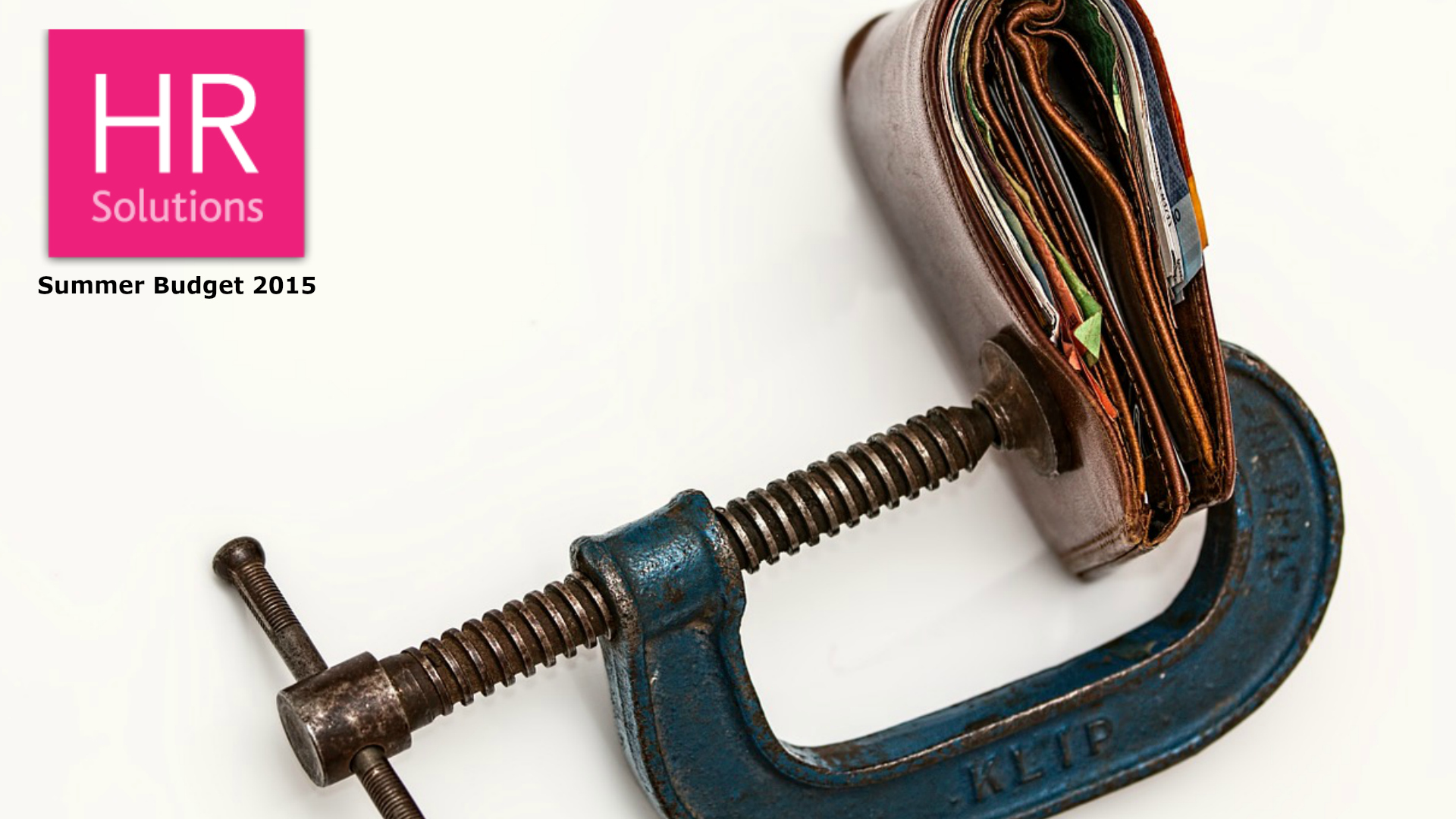
This week Chancellor George Osborne unveiled the first completely Conservative budget since 1996, which he used to propose drastic rises to the minimum wage.
The new national living wage budget initiative, originally proposed by the Labour Party in the run up to the election, will see the minimum wage increase to £7.20 in April 2016 for over-25s. By 2020 that will rise to £9.00 per hour. Osborn predicted that the increase would affect 6m workers.
“This will be a Budget for working people. A Budget that sets out a plan for Britain for the next five years to keep moving us from a low wage, high tax, high welfare economy; to the higher wage, lower tax, lower welfare country we intend to create.”
Osborn said that his promise to lower corporation tax to 18% by 2020 should help secure industry support for the wage increase. Meanwhile he also announced £17 billion in cuts to the welfare budget, with the aim of getting as many people into work as possible.
The Office of Budget Responsibility predicted that the minimum wage increase would lead to a loss of 60,000 jobs across the country as small businesses in particular look set to struggle to pay salaries. However, Osborne countered that these losses were in the context of the predicted creation of a further 1m jobs.
“I am offering economic security to the country. I am offering businesses lower taxes but I am saying we have to be more productive, have higher wages and better skills.”
Critics of the budget have suggested that a one-size fits all minimum wage is not appropriate given that the cost of living is much higher in London and the South than the rest of the country. The latest living wage is set at £9.15 for London and £7.85 for the rest of the country, figures which, in no small part thanks to the cuts to welfare benefits, are sure to rise by the time the new minimum wage comes in next April.
This budget will cause a drastic rebalancing of the books for many small and medium businesses as they assess the impact of a higher wage bill. For people in low paid employment, who will be 13% better off by 2020, the surprise is a welcome one.








